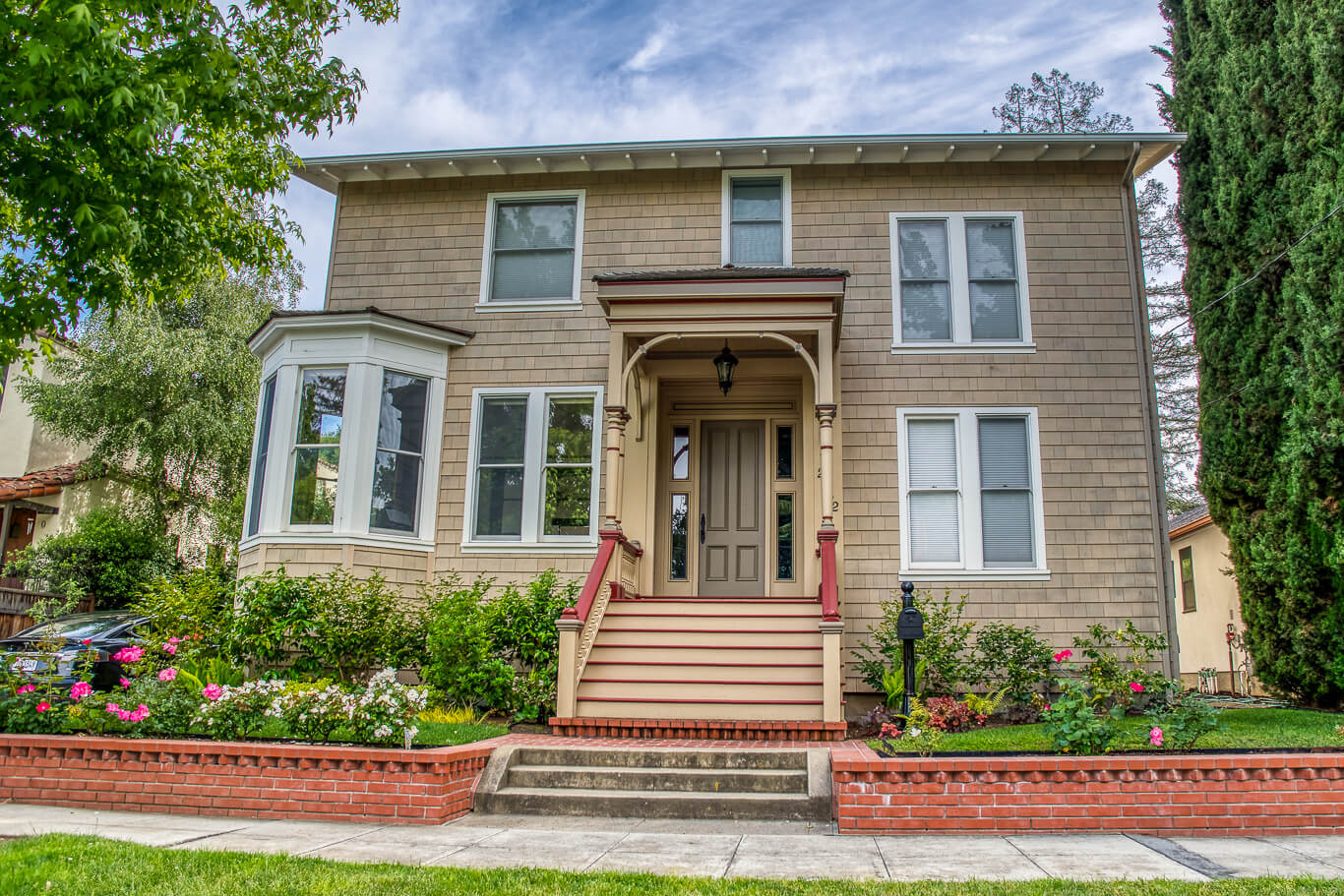Choosing the best type of real estate investment will depend on your individual circumstances, goals, market area, and preferred level of involvement.
As an investor, there are a few types of real estate properties you should be familiar with: Residential, Commercial, and Raw Land Investing/New Construction. Each comes with unique advantages and disadvantages which require thorough analysis.
Residential Real Estate
This category includes both new construction and resale homes. The most common subjects are single-family homes, but the scope may also include condominiums, townhouses, multiplex units, and vacation homes.
In general, the best investment property for beginners is a single-family dwelling or a duplex which tend to attract long-term renters. According to Investopedia.com, the main things to consider when searching for the right residential income property are:
- Neighborhood
The neighborhood will determine the types of tenants you attract and your vacancy rate. If you buy near a university, for example, chances are that students will dominate your pool of potential tenants and you will struggle to fill vacancies every summer.
- Schools
If you’re dealing with family-sized homes, consider the quality of the local schools. According to a recent survey by the National Association of Realtors, 25% of homebuyers listed school quality and 20% listed proximity to schools as deciding factors in their home purchases. Although you will be mostly concerned about the monthly cash flow, the overall value of your rental property comes into play when you eventually sell it. Homes in good school districts sell more quickly and command higher selling prices than those in lower-quality ones. If no good schools are nearby, the value of your investment may be affected.
- Crime
Check the rates for vandalism, serious crimes, and petty crimes, and note if local criminal activity is moving up or down. You might also want to ask about the frequency of police presence in your target neighborhood.
- Job Market
Locations with growing employment opportunities attract more tenants. Click here for a snapshot of job and wage data specific to the San Francisco Bay Area.
- Amenities
The presence of parks, restaurants, gyms, movie theaters, public transportation, open spaces, bike paths, and other perks will help attract renters.
- Future Development
The municipal planning department will have information on upcoming development or one that’s already been zoned into the area. If a lot of construction is going on, it’s probably a good growth area. However, new housing development could also hurt the price of surrounding properties by increasing supply (see: Regional Transportation Plan and Sustainable Communities Strategy for the San Francisco Bay area 2013-2040).
- Number Of Listings & Vacancies
If a neighborhood has an unusually high number of listings, it can either signal a seasonal cycle or a neighborhood in decline.
- Average Rents
Rental income will be your bread-and-butter, so you need to know what the average rent in the area is. Zillow offers a searchable database for estimated median market rate rents by housing type across a given region.
- Natural Disasters
Insurance is another expense you will have to subtract from your returns, so you need to know just how much it’s going to cost. If an area is prone to earthquakes, fires, or flooding, coverage costs can erode your rental income.
Commercial Real Estate
Commercial real estate is property leased for business and retail purposes. Multifamily apartment buildings are also considered commercial, even though they are used for residences. Commercial properties are generally grouped into the following types:
- Office: This includes single-tenant offices, shared-office spaces (favored by Millennials), and skyscrapers.
- Retail: Strip malls, community retail centers, banks, and restaurants all count as retail.
- Industrial: Warehouses and buildings designed for manufacturing make up this division.
- Multifamily: Apartment complexes, high-rise condos, and smaller multifamily units fall under this classification.
- Special Purpose: This means buildings designed for specific uses, like car washes, self-storage facilities, and hotels.
Raw Land Investing & New Construction
Raw land refers to any vacant land available for purchase. It is most attractive in markets with high projected growth. New construction is not much different, with the exception that properties have recently been built on the land.
Where To Find Real Estate Investment Properties
Multiple Listing Service (MLS) & For Sale By Owner (FSBOs)
Through more than 800 MLS networks, brokers share information on properties they have listed and invite other brokers to cooperate in their sale in exchange for compensation if they produce the buyer. Sellers benefit by increased exposure to their properties. Buyers benefit because they can obtain information about all MLS-listed properties while working with only one broker. In order to access the MLS, you need to work with a real estate agent like Julie who can help you find and navigate the results.
If you’re looking for FSBOs, you could drive through your target area looking for signs to find these properties—but most investors find it more beneficial to work with a real estate agent. Real estate agents are often aware of FSBO properties in a given area and will pass that information along to their clients.
Off-Market Properties
Off-market properties can represent an opportunity to get ahead of the competition. Though they are not listed on the MLS, off-market properties are not impossible to find. When it comes to looking for them, there are a few resources investors should check first. These include public records, real estate auctions, wholesalers, networking events, and contractors.
***
Julie and her team of experts are ready to help you achieve your investment goals, and we look forward to helping you with any real estate investment questions you may have.
Please contact Julie at 650.799.8888 or Julie@JulieTsaiLaw.com to schedule a free consultation.

